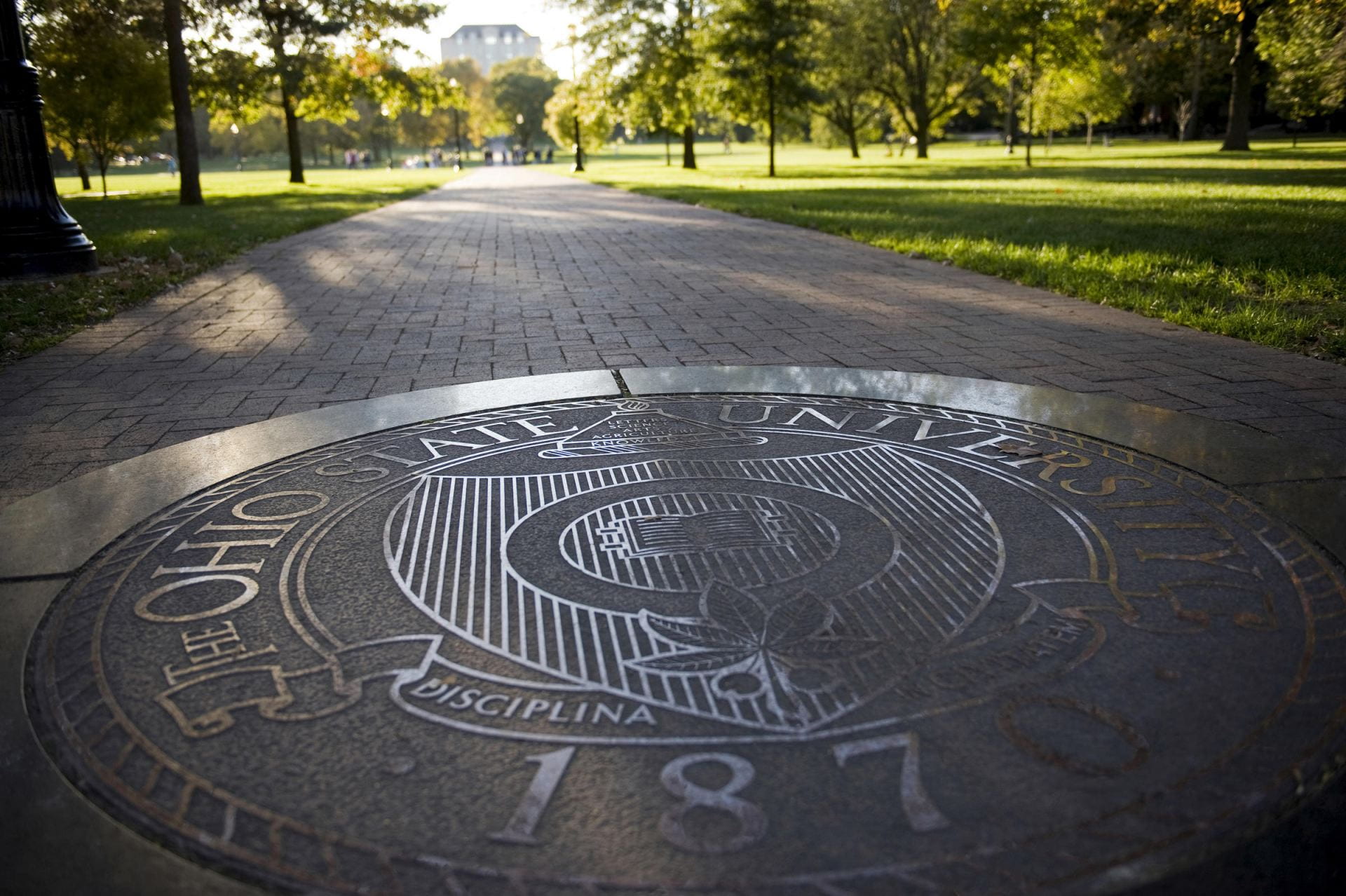RAINN, trauma experts, victim organizations support Strauss victims’ cases against Ohio

Multiple sexual violence groups filed amicus briefs in support of victims of former Ohio State physician Richard Strauss. Credit: Lantern file photo
The Rape, Abuse & Incest National Network, clinical psychologists specializing in sexual trauma and other groups filed four amicus briefs supporting victims of former Ohio State physician Richard Strauss in their appeal of a lower court’s dismissal of their cases against the university.
The briefs, filed Wednesday in the Sixth Circuit Court of Appeals, ask the court to reverse the lower court’s decision to dismiss the cases on the basis that the statute of limitations had expired. A brief filed by 15 psychology and psychiatry experts argued there are many reasons why victims of sexual violence do not recognize they were assaulted or abused until long after the abuse occurred.
“If you look at the district court opinion in the case, I think one of the things it’s missing is an understanding of how sexual violence and trauma actually works in the real world,” Jim Davy, counsel for the psychologists’ brief, said.
Strauss was a team doctor for 17 varsity sports and physician at the Student Health Center from 1978-98. An independent investigation in 2019 found that during his tenure, Strauss sexually abused at least 177 students and student-athletes, many under the guise of medical exams, and that Ohio State was aware of the abuse and failed to act.
Strauss died by suicide in 2005.
Since 2018, more than 350 former students and student-athletes — nearly all men — joined lawsuits against Ohio State for failing to address and prevent their abuse. University spokesperson Ben Johnson said in an email 232 victims have settled with the university since 2020, for a total of $57.8 million.
“Beginning in 2018, Ohio State sought to uncover and acknowledge the truth about Richard Strauss’ abuse and the university’s failure at the time to prevent it,” Johnson said. “We are forever grateful to the survivors who participated in the independent Perkins Coie investigation, which could not have been completed without their strength and courage, and we offer our deepest regrets and apologies to all who experienced Strauss’ abuse.”
In September, a federal judge dismissed the lawsuits on the grounds that the statute of limitations had passed. Because there is no federal statute of limitations for Title IX cases, such cases revert to the time limits for sexual violence cases set by each state — in Ohio, two years for civil sexual abuse cases.
But there are factors preventing victims from recognizing what happened to them was abuse, Dr. Joan Cook, a clinical psychologist and professor in the Yale School of Medicine and one of the psychologists who joined an amicus brief, said. She said this includes betrayal trauma — when a person harms someone who trusts or depends on them.
When a victim relies on a person — like an athlete relying on a doctor for physical clearance to play — they may not be able to reconcile the image of the person in their head with the abuse that person committed, Cook said.
“It’s sort of like you couldn’t fully register and acknowledge it. It wasn’t about the shame of it — although that’s a part, too — it was that you couldn’t even accurately label it,” Cook said.
RAINN’s brief, also signed by the National Crime Victims Law Institute, CHILD USA — a national nonprofit working to end child abuse — and the Ohio Alliance to End Sexual Violence, argued plaintiffs had no way of knowing Ohio State ignored and concealed their abuse until the university announced the investigation into Strauss’ misconduct in 2018.
The brief contended that by starting the time limit after each victim left the university, the court is suggesting that victims in this case should have filed legal complaints years before they had any evidence or awareness of the university’s culpability.
The brief stated if the lower court’s decision is upheld, it would encourage other universities to conceal evidence of institutional wrongdoing until after victims’ avenue for legal action had passed.
“Schools’ interest in protecting the reputation of their athletic programs has long stood at odds with their duty to enforce Title IX and protect their students,” the brief stated.
The National Center for Victims of Crime and the National Women’s Law Center also filed briefs calling for the reversal of the lower court’s decision.
Cook said she hopes that the brief educates both the public and the courts on the complexity of sexual violence and the long-lasting impacts it can have on victims’ lives.
“If we can educate the public and educate the courts, it will be a different reception that our survivors will have in the healing process, and I really hope that it will also prevent victimization in the long run,” Cook said.
Read More: RAINN, trauma experts, victim organizations support Strauss victims’ cases against Ohio

